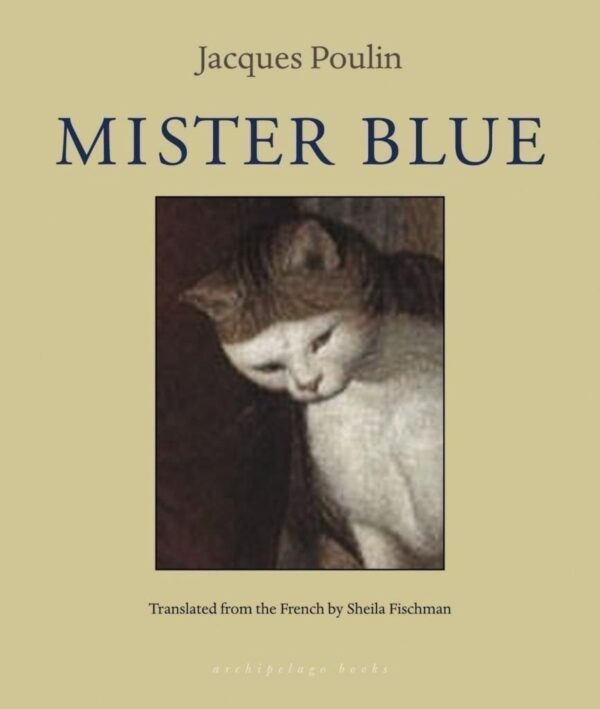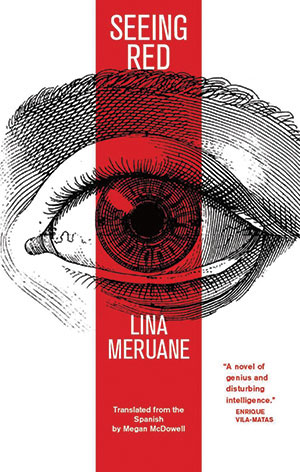
Fado Alexandrino by António Lobo Antunes
Portuguese literature
Original title – Fado Alexabdrino
Translator – Gregory Rabassa
Source – Personal copy
When I choose to expand out Spanish lit month to include literature from Portuguese, one of the writers I had in mind was another book by Antunes, I read knowledge of hell a couple of years ago and after that brought a number of his books to read in recent years he has been on the list of possible Nobel prize winners. This book is considered his best book. Antunes like the men in this book served in the military in Africa, he also worked as a doctor with men after the wars in Africa as a Psychiatrist.
“I was married and had a daughter this high “the second lieutenant said, smiling at the spoons the waiter was serving the mear with. “I was living on the Rue da Mae d’Agua, below the fountain, and after intimacies, even with the light off, I could see the round ball of the paper lamp, looking like an enormus moon, sowing Japanese ghosts in the darkness.(The breathing of his wife beside him and of his daughter in the otger room flooded the floor with a murmur of sounds that rose and sank like the soft flutter of a dress.
The men recall better days at times but always with a sense of loss in the words the say.
Fado Alexandro is a book in three parts that follow five men through the periods of their lives. Thye five men although four tell the story the fifth the captain of the men is in the background, the men are all in the military a soldier, a Lieutenant Colonel, a communication officer and a second lieutenant. The book opens in the years before the Revolution in Portugal and the war in Mozambique they all take apart, in fact, not all came back. Then there is the fall of the regime in the Carnation revolution, it is part of what happens there that cause the rest of their lives to go on the paths they did. Both lieutenants marriages fail and they take up with the different woman as one wife was upper class and a large amount is remembered of how hard it was for them to get together. Then there is buying a young girl in Africa. A death and the communication officer’s daughter tells her father story in the later section. The book follows the four as they all are scarred by war and their relationships with woman.
“Four of these lady friends plus the four of us make eight hot whores ,” the lieutenant colonel told the second lieutenant , still suspious of the champagne , massaging his stomach. “What will your neighbours say when they see us ?”
Me, for example, I’m my mother, he thought , a ridiculous old woman who wore gauze, rings perfume, makeup and creams , her artifical nylon eyelashes fluttering like insect winhs, clumsily attempting to seduce the grocer in hop of a little discount on a jug of wine, because I started drinking towards the end of my life,
THe view of woman isn’t the best at times
This is a complex book about the time that followed the fall of Estado Novo regime following a coup by the military. The many wars in Africa as the Estado Novo tried to keep the old Portuguese colonies under their rule, in this case, Mozambique, Antunes spent time in Angola but both wars were very brutal in what happened there. Through the five men we see the brutal nature of the war is recounted in the stream of consciousness of the men’s lives and relationships, in particular, the wives, woman they fuck and women the don’t fuck these are very nasty men in their natures All this book like Ulysses happens over one night as the four remaining men meet for a meal and get very drunk and recount their stories as record in the novel. So there is a sense at times of lines of the men and their stories blending that thing you get as men with a shared experience and recounting it the who, what, why and how can get blurred sometimes. A powerful of men and war from a European version of what happened to American Vietnam in Africa.













